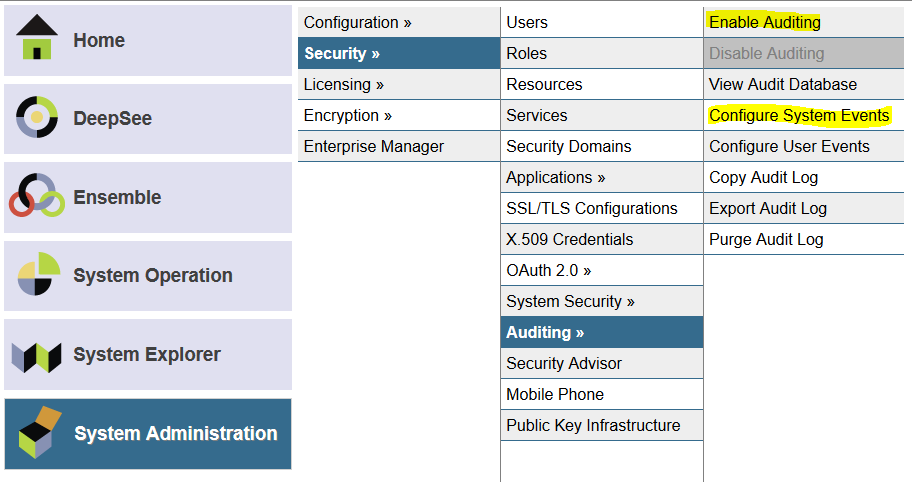Hi Everybody,
I'm trying to restore database to a 2016.2.2.853 caché version but i've some problems ...
Into my backup file, i've 6 namespaces. After use the Do ^DBREST and configure all namespace into the portal, I can only reach 2 of 6.
when I write zn "blabla" into the terminal, i've got this error message :
ZN "blabla"
^
<DIRECTORY> *r:\data\blabla
Of course, Database and namespace are correctly define.
I've try this on a previous version of caché (2015.2.2.811) and it's working fine.
So, do you already got this kind of issue with your caché server ?
Tanks a lot for your help!
Sam


